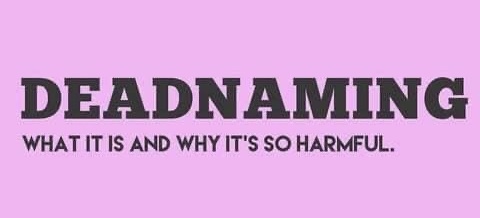By Nektar Baziotis
Distance learning is as old as the 18th century when teachers would send their students weekly lessons through the mail. But the advent of the Internet has introduced us to the concept of the online classroom. In the 1990’s personal computers became more popular and people realized that skills traditionally learned in a classroom could be learned over the web. With E-Learning, more people than ever had easier access to valuable educational courses that distance previously prevented them from getting to.
In the early aughts advancements in computer technology popularized E-Learning, particularly when it came to learning software literacy. We also saw the introduction of educational computer games. The ClueFinders was a popular educational software created to teach older elementary-aged children algebra, grammar and spelling. Revolving around the story of a group of multi-racial kids who explore the world and solve exciting mysteries, ClueFinders was designed to appeal to both boys and girls of all backgrounds whilst introducing them to more complex academic themes through challenging and fun games and interesting storytelling. This era also saw the rapid expansion of social media and introduced to us its educational advantages. Websites with video chat capabilities could be used to conduct lessons online, which could be attended by anyone anywhere in the world.
From 2006 to 2010, E-Learning tools and online classrooms became much more integrated into standard curriculum. Schools were introducing computers into the classroom and properly educating students on how to use programs like PowerPoint, Word and Excel. Paperback textbooks were being converted into eBooks and could be purchased and read online. Lectures could be recorded and placed online. People could achieve their high school diploma, Bachelor’s Degree, Master’s Degree, etc. online, opening the opportunity for higher education for individuals who were too busy or did not possess the finances to attend a traditional university.
As we live more of our lives online, E-Learning will not only be popular, but essential to our advancement. The future of E-Learning means an education that is much more curated to work around our unique lives. Businesses are now integrating e-courses into their training and professionals can learn the skills necessary to advance their career through the comfort of their home. And statistics show employees learn faster and retain more knowledge when utilizing an e-course. Mobile technology means that we can take our online classrooms with us anywhere we go. Having access to educational materials anywhere at any time means those of us with complicated work schedules, kids and other responsibilities that take priority in our lives can still receive a good education for an affordable price. E-Learning has liberated us from the confines of the traditional classroom, evolving education for the 21st century.
Nektar Baziotis is an entrepreneur and IT project manager based in Santa Monica. He has managed and successfully delivered to various institutes and organizations, including the European Union (EU), the United Nations (UN) and public and private sector partners and clients in the United States. He is currently President of ENKI Technologies, located at 100 Wilshire, Suite 700, in Santa Monica. For more information, visit https://enki.tech/ or call (213) 814-2332 or follow on social media at twitter.com/enkitechi/ and at linkedin.com/in/nektariosbaziotis.























